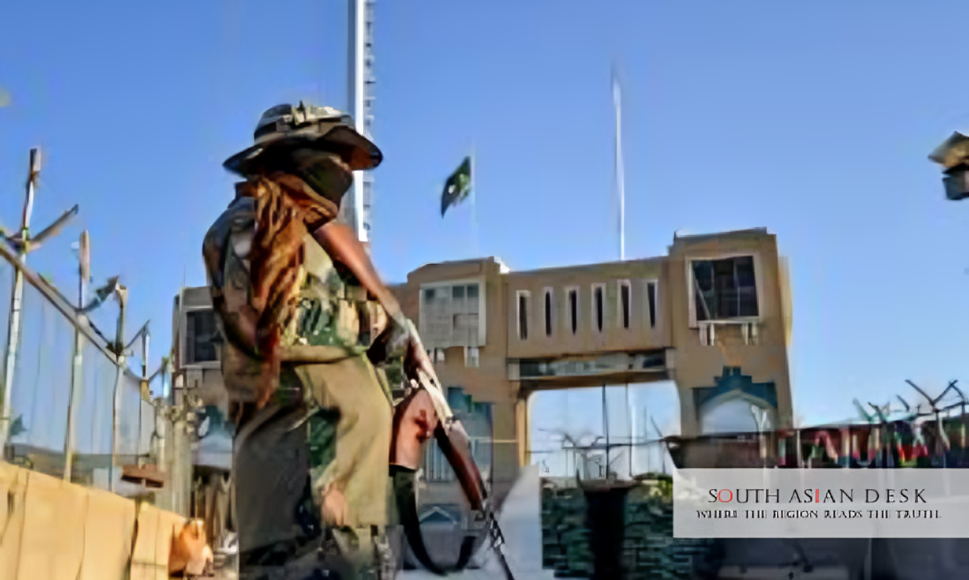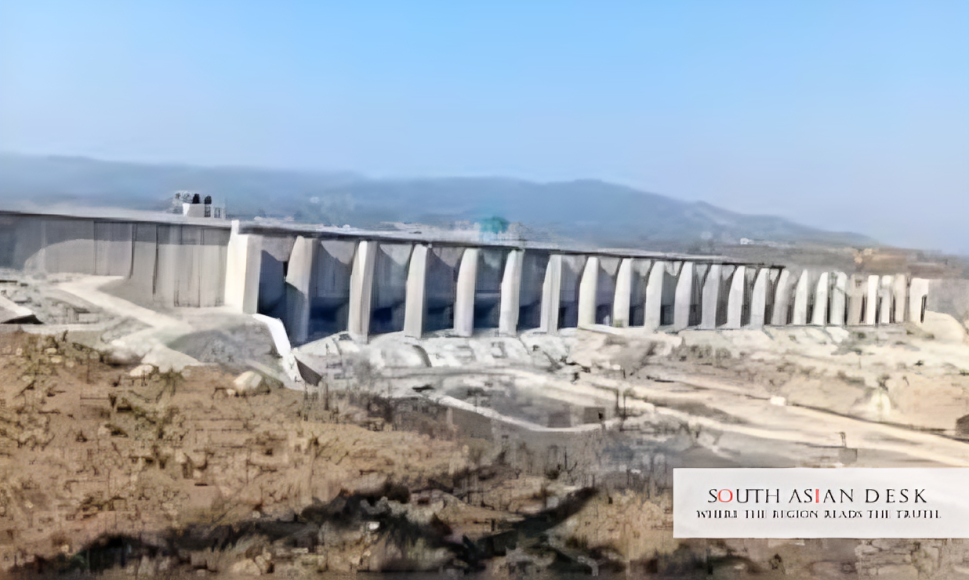The Pakistan-Afghanistan truce expires today amid rising tensions after deadly border clashes that killed at least 37 civilians in Afghanistan and prompted accusations of airstrikes, as both nations brace for potential escalation along their shared frontier. This story matters in South Asia because renewed Pakistan-Afghanistan truce expire tensions could destabilise the region, fuel militant activities by groups like the Tehreek-e-Taliban Pakistan, and strain diplomatic ties with implications for trade, migration, and security cooperation among neighbouring countries.
Recent Border Clashes
Deadly Afghan Taliban Pakistan border clashes 2025 have intensified since early October. Pakistan carried out airstrikes on October 9 in Afghan provinces including Kabul, Khost, Jalalabad, and Paktika, targeting Tehreek-e-Taliban Pakistan hideouts. The Taliban government in Kabul reported these strikes killed civilians and damaged infrastructure.
On October 12, clashes erupted overnight between Taliban forces and Pakistani troops across the border in Afghanistan’s Spin Boldak district. Both sides accused each other of initiating the attacks. Pakistani officials claimed Taliban forces fired first, while Afghan spokespersons said Pakistani actions provoked the response.
A suicide car bomb attack struck a military compound in Mir Ali, North Waziristan, on October 16. Pakistani police official Irfan Ali reported three militants killed in the ensuing shootout with no troop casualties. However, security sources told Reuters that seven soldiers died, two militants were shot, and 13 people injured. Geo News cited four Tehreek-e-Taliban Pakistan assailants killed, with no Pakistani losses. The army has not commented on discrepancies.
Afghanistan’s Taliban government stated on October 16 that Pakistan conducted two drone attacks on Kabul the previous day, killing five people and injuring dozens, according to doctors. The United Nations Assistance Mission in Afghanistan reported 37 civilians killed and 425 wounded in cross-border clashes this week. Pakistan has not released civilian casualty figures from its side.
These incidents mark the most severe violence since 2021, when the Taliban assumed power in Afghanistan following the US and NATO withdrawal.
Official Responses and Statements
Pakistan’s Ministry of Foreign Affairs issued a statement on October 15 announcing a temporary 48-hour ceasefire starting at 13:00 GMT to halt the fighting. The truce aimed to de-escalate the situation after days of exchanges.
Foreign Secretary Amna Baloch briefed resident ambassadors in Islamabad on October 14 about developments along the Pak-Afghan border. She emphasised Pakistan’s security concerns and resolve to safeguard territorial integrity.
Pakistan’s Inter-Services Public Relations announced on October 16 that 34 terrorists from Fitna-al-Khawarij, their term for Tehreek-e-Taliban Pakistan, were killed in operations across Khyber Pakhtunkhwa province that week.
The Afghan Taliban denied harbouring militants and accused Pakistan of misinformation, border provocations, and sheltering anti-Taliban fighters to undermine Afghanistan’s stability. A Taliban statement on October 16 condemned the drone attacks as violations of sovereignty.
Both governments have demanded the other curb cross-border threats. Islamabad insists Kabul rein in Tehreek-e-Taliban Pakistan fighters launching attacks from Afghan soil. Kabul counters that Pakistan spreads false narratives and shelters opposing groups.
Historical Context
Tensions between Pakistan and Afghanistan have simmered for decades over the Durand Line border, which Afghanistan does not fully recognise. Since the Taliban’s 2021 takeover, attacks by Tehreek-e-Taliban Pakistan on Pakistani soil have surged, with Pakistan blaming Afghan-based safe havens.
In March 2025, border guards exchanged fire in Kunar province, killing several on both sides. February 2025 saw clashes in Khas Kunar district. These skirmishes reflect ongoing disputes over fencing, trade routes, and militant movements.
Pakistan has deported over a million Afghan refugees since 2024, citing security risks, which strained relations further. A January 2025 Pakistani government notification set a March 31 deadline for Afghan citizens awaiting resettlement to leave, according to reports.
The current Pakistan Afghanistan ceasefire end revives fears of broader conflict, as militant groups like ISIL and al-Qaeda seek to exploit instability.
Economic and Humanitarian Impacts
Border closures during clashes disrupt trade worth billions annually. The Torkham and Chaman crossings, key for Afghan imports, shut temporarily this week, halting trucks and stranding goods.
Humanitarian costs mount. UN data shows over 400 wounded in Afghanistan alone. Displaced families in Khyber Pakhtunkhwa inspected damaged homes on October 16, removing debris from strikes.
Pakistan’s economy faces strain from security operations, with defence spending rising. Afghanistan, reliant on aid, sees reconstruction efforts hampered by instability.
Diplomatic Efforts
Media reports suggest Qatar offered to host talks in Doha to extend the truce. Al Jazeera correspondent Kamal Hyder noted talks of a meeting, with friendly countries pushing for prolongation. Neither government has confirmed.
Pakistan stated that without Afghanistan addressing concerns, the situation remains precarious and could escalate. The Taliban urged restraint but vowed to defend territory.
International actors, including the UN, call for dialogue. UNAMA’s casualty figures underscore the urgent need for peace.
Background
The 2025 Afghan Taliban Pakistan border clashes stem from post-2021 dynamics. Pakistan supported the Taliban historically but now views Tehreek-e-Taliban Pakistan as a threat, alleging Afghan complicity. Kabul denies this, pointing to Pakistani policies as instigators.
Clashes in October followed a Tehreek-e-Taliban Pakistan attack on a Pakistani outpost in December 2024, killing soldiers. ACLED data indicates heightened militant activity along the border, with cross-movements facilitating insurgency.
What’s Next Pakistan-Afghanistan Truce
As the Pakistan Afghanistan truce expires amid tensions, observers watch for renewed fighting. Extension depends on backchannel diplomacy. Failure could lead to more airstrikes and ground engagements, worsening the humanitarian crisis.
The Pakistan Afghanistan truce expire tensions highlight the fragility of relations, with potential for regional spillover if not resolved swiftly.
Published in SouthAsianDesk, October 17th, 2025
Follow SouthAsianDesk on X, Instagram, and Facebook for insights on business and current affairs from across South Asia.






